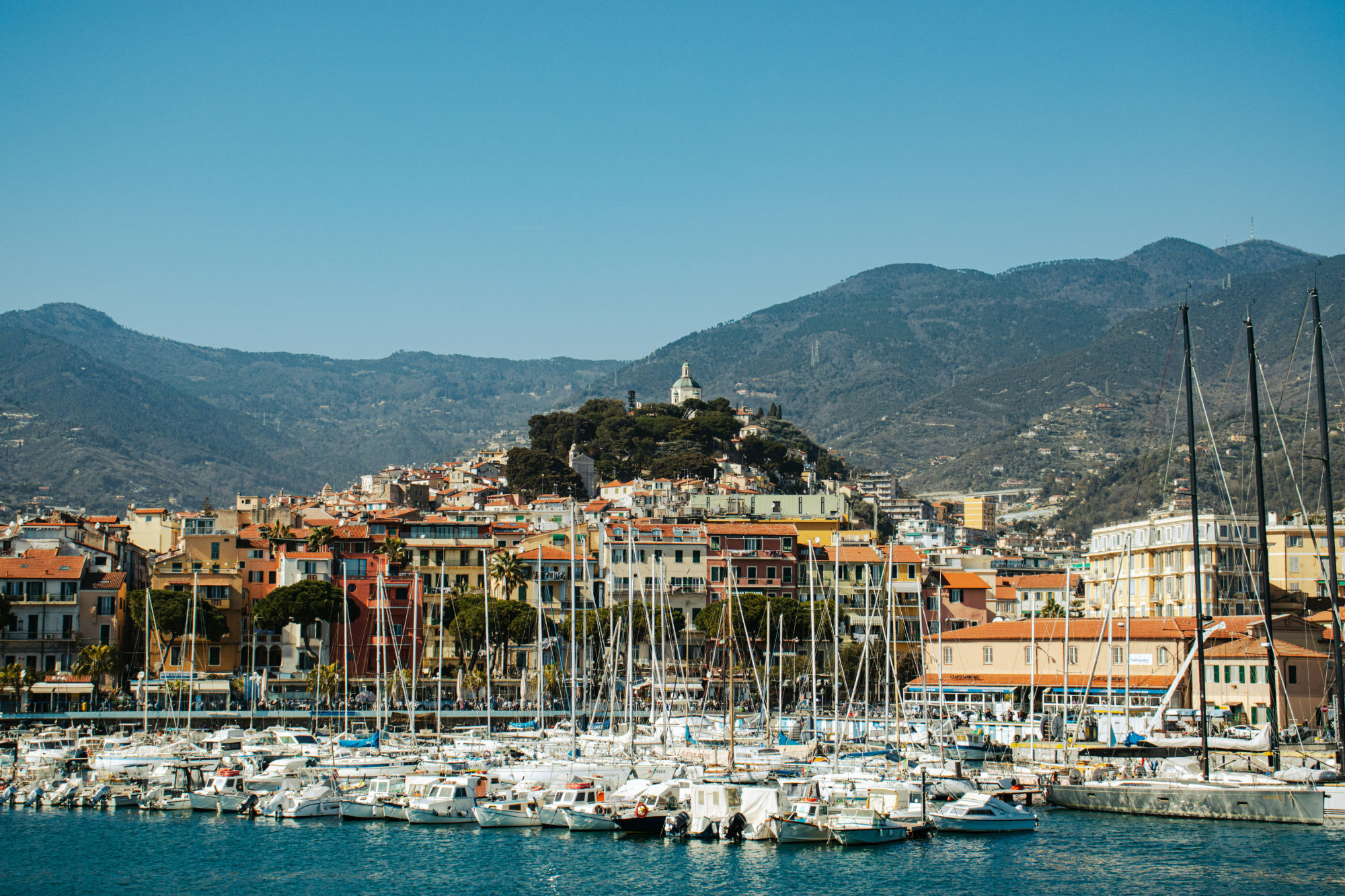Fuel Prices in Belgium now sometimes lower than in Luxembourg

For years, Luxembourg has been the go-to destination for drivers looking for the cheapest petrol in the region. Its consistently low fuel prices, combined with convenient locations along major transit routes, made it a favorite stop for long-distance travelers. But the picture is starting to change: in some cases, Belgium is now cheaper than Luxembourg, particularly at certain budget stations.
On average, Luxembourg still offers lower prices, with petrol costing around €1.45 per liter compared to €1.58 in Belgium. However, some Belgian stations — especially unmanned pumps located away from motorways — have dropped prices to around €1.40 per liter. Prices that low are currently not found in Luxembourg.
Why Luxembourg is losing its edge
Luxembourg’s fuel prices are regulated, with the government setting a maximum price — currently €1.458 per liter for petrol. Almost every station charges exactly that amount. Since 2021, Luxembourg has also applied a CO₂ tax on fuels, which increases slightly every year.
While global oil prices have fallen in recent months and the euro has strengthened against the dollar — making oil imports cheaper — Luxembourg’s CO₂ tax has slowed the pace of price reductions. This has allowed Belgium, where pricing is more flexible, to occasionally undercut its neighbor.
Belgium’s low-cost petrol stations
Belgium’s cheapest fuel is often found at unmanned stations well away from major highways. These locations can keep costs down by saving on staffing and prime real estate expenses.
Drivers who plan their routes carefully — for example, by leaving the motorway briefly — can often save several cents per liter, which adds up quickly on a full tank, especially for high-mileage travelers or commercial drivers.
How other European countries compare
Luxembourg and Belgium are not the only countries where price shifts have changed traditional fuel-buying habits. In Germany, for example, fuel prices tend to be lower than in France or Switzerland, attracting cross-border shoppers. Similarly, Austria often offers better prices than Italy or Slovenia, making it a popular stop for motorists driving through the Alps.
In Eastern Europe, differences can be even more pronounced. Countries like Poland and Bulgaria frequently have some of the lowest petrol prices in the EU, while Scandinavia — particularly Norway and Denmark — tends to have some of the highest.
The impact of taxes and policy
Across Europe, fuel prices are shaped not only by global oil markets but also by national taxation policies. CO₂ levies, environmental surcharges, and excise duties can create significant variations between neighboring countries.
For example:
High taxes in countries like France and Italy keep fuel prices elevated.
Fuel tax freezes or cuts in some Central and Eastern European countries have kept prices lower.
Exchange rates can also play a role, especially in non-euro countries.
This means that even when crude oil prices drop, some countries pass on those savings more quickly — or more fully — than others.
Is it worth driving for cheaper fuel?
For travelers and commuters near borders, small price differences may not justify the extra distance, especially when factoring in the time and fuel spent on the detour. However, for professional drivers, frequent travelers, or those taking long road trips, planning stops in cheaper countries or regions can lead to substantial savings.
Takeaway for European drivers
Luxembourg is still a solid choice for affordable fuel, but Belgium’s more competitive stations are showing that the title of “cheapest petrol in the region” is no longer guaranteed. With taxation changes, currency fluctuations, and oil market shifts, the cheapest option today may not be the cheapest tomorrow.
For drivers anywhere in Europe, the smart move is to check current fuel prices before a trip, especially if you’ll be crossing borders. A few minutes of planning can make a noticeable difference on your travel budget — and might even change your traditional refueling habits.
Looking for current fuel prices?
